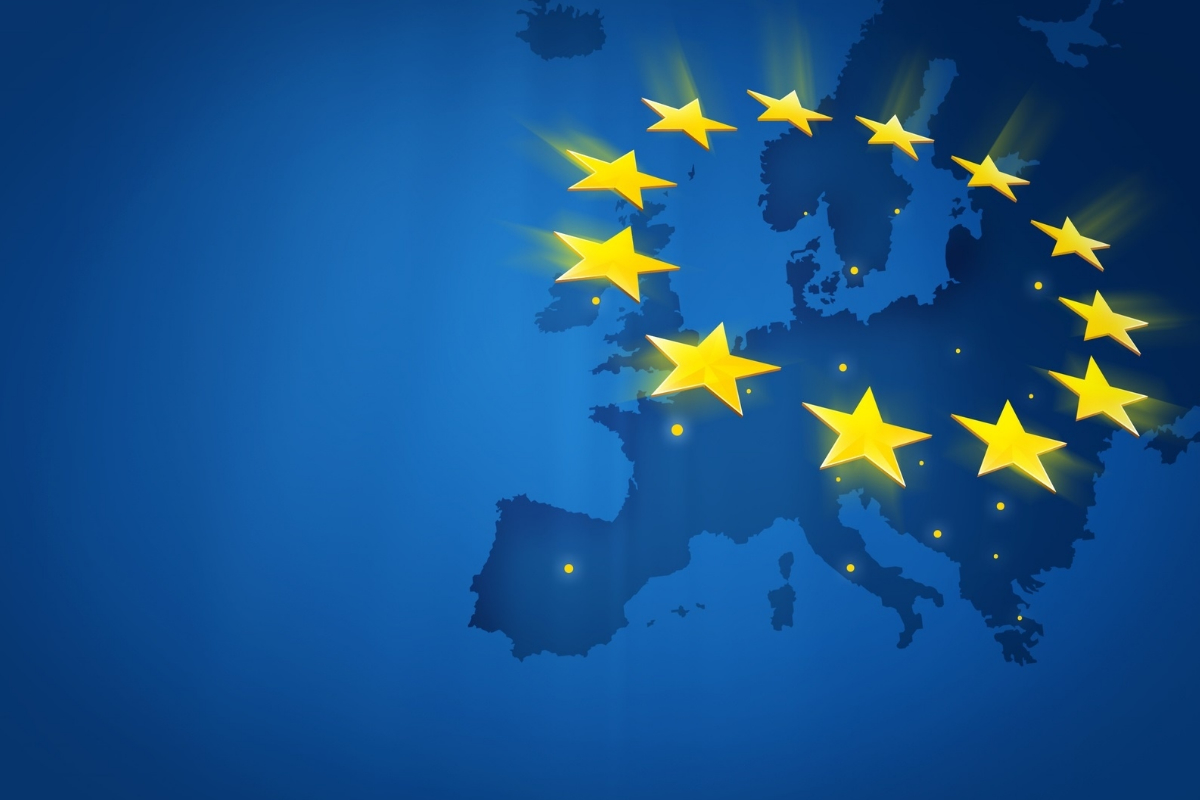Industry News
EU Online Poker Market Took Big Leaps Forward in 2018

Throughout much of the first decade of the 21st century, poker was one of the most popular games to play online. In the middle of that decade, poker’s popularity soared to heights that put the game in the history books. That poker boom was primarily spurred by Chris Moneymaker’s 2003 World Series of Poker Main Event victory, courtesy of a PokerStars satellite tournament online.
Online poker sites popped up everywhere in the years that followed. Every sports betting site established an online poker vertical, and every player logged on to at least one of them to live their version of the poker dream. There was merchandise to win, fame to claim, tournament travel packages to win, and millions of dollars on the line. Poker was on every computer and television, and everyone could dream of becoming a poker pro.
However, the US government made a move that began to change it all. In 2006, the United States Congress passed the Unlawful Internet Gambling Enforcement Act, which was subsequently signed into law. Its language was murky, but it was threatening enough to force several online poker operators – most notably PartyPoker – out of the US market.
Several years later, on a day that became known as Black Friday, the US Department of Justice seized the domains of PokerStars, Full Tilt, UltimateBet, and Absolute Poker on April 15, 2011. The indictments of online poker executives and the shutdown of insolvent companies created a snowball effect that changed the poker world forever.
The poker boom was over. And a new era of nation-based poker markets began.
Pieces of the Poker Pie
Governments in some nations around the world began to see internet poker as an industry that only benefited the companies themselves, and governments were not receiving what they viewed as their fair share of the revenues.
Italy was one of the first countries to call for a ban on dot-com poker sites and require operators to obtain licensing from the Italian government to service only Italian players. This gave the Italian regulator, AAMS (Amministrazione Autonoma dei Monopoli di Stado), the ability to control what type of gambling was offered in the country and the revenue derived from it.
Other countries followed suit. France, Spain, and Portugal were just a few of the countries in Europe that took the same approach, establishing regimes within their borders to keep players from competing on dot-com poker sites.
While all of these countries believed they were grabbing their pieces of the poker pie, they neglected to realize that online poker thrived because of the liquidity, the ability for players around the world to compete at the same tables, which allowed sites to offer bigger cash games, tournaments, satellites, etc. When countries separated their players from the rest of the world, the liquidity disappeared, and so did much of the appeal created by the poker boom.
Building Partnerships
Regulators in Spain, France, Italy, and Portugal began to see the benefits of liquidity. And they figured out a way to share players – thereby enhancing the player pools and opportunities – while also keeping the revenue from sites registered within their countries.
In the summer of 2017, after several years of talks among the four regulators, their representatives gathered in Rome to sign an agreement to share online poker action.
The process moved quickly for Portugal, which had only one poker site – PokerStars – registered in its market. In fact, PokerStars was the only site available in all four countries, and it also had experience with the technology necessary to establish a shared poker network. Spain and France launched their combined PokerStars tables in the first quarter of 2018, and Portugal soon joined as well.
From there, it took only a few months for PartyPoker to share its French and Spanish poker players, and Winamax did the same shortly thereafter. Most recently, the iPoker network of sites that includes BetClic, Betfair, Unibet, and Casino Barcelona, received its final approval to share poker online in France and Spain and will launch before the end of 2018.
As the European market grows, players in those countries can return to the tables with more tournaments, bigger guarantees, and more opportunities to play the kind of lucrative games that were available during the poker boom.
Future Growth
The growth of the shared EU online poker market is limited due to the number of players in those countries. And without the cooperation of Italy, which is now working toward more online gaming bans due to a change in governmental views, there is a cap as to how big the market can become.
Countries like Switzerland and Sweden are opening their markets to licensing and could soon have regulated markets that are solid and seeking growth. That growth is available in the European partnership that is already established and showing what shared poker liquidity can do. Further growth lies in new markets joining that partnership.
-

 Africa4 days ago
Africa4 days agoNew Governing Board of the Gaming Commission of Ghana Sworn in
-

 Africa6 days ago
Africa6 days agopawaTech strengthens its integrity commitment with membership of the International Betting Integrity Association
-

 Asia7 days ago
Asia7 days agoFIFA, NBA, UFC and More Sports Events Go Live – Crypto Sportsbook BETY Offers Global Sports Betting Coverage 2025
-

 Baltics7 days ago
Baltics7 days agoEstonian start-up vows to revolutionise iGaming customer support with AI
-

 Gambling in the USA6 days ago
Gambling in the USA6 days agoGaming Americas Weekly Roundup – June 16-22
-

 Africa6 days ago
Africa6 days agoSA Rugby Renews its Partnership with Betway
-

 Asia6 days ago
Asia6 days agoPolemos Announces Partnership with Guinevere Capital
-

 Compliance Updates7 days ago
Compliance Updates7 days agoANNOUNCEMENT RE: EXTENSION OF PROVISIONAL LICENSES ISSUED ON 24TH DECEMBER 2024






















